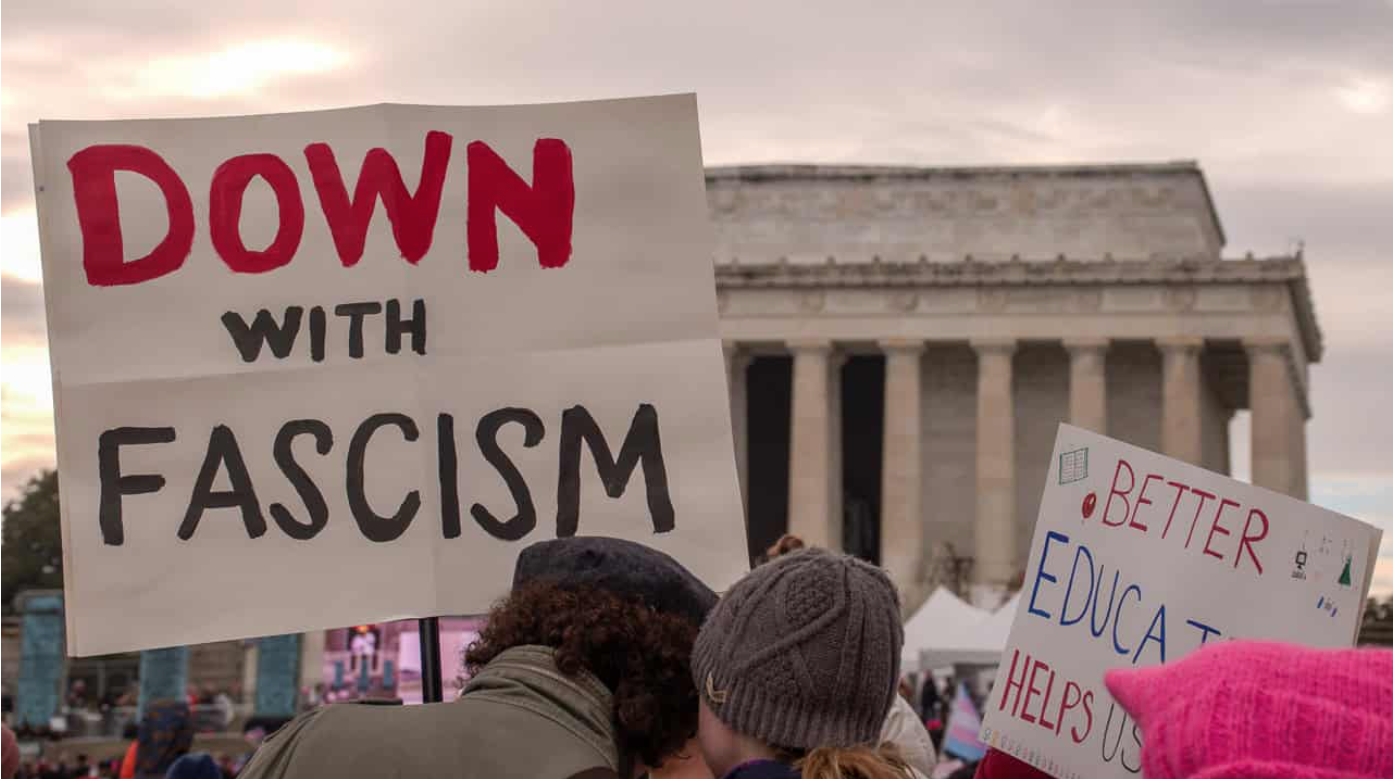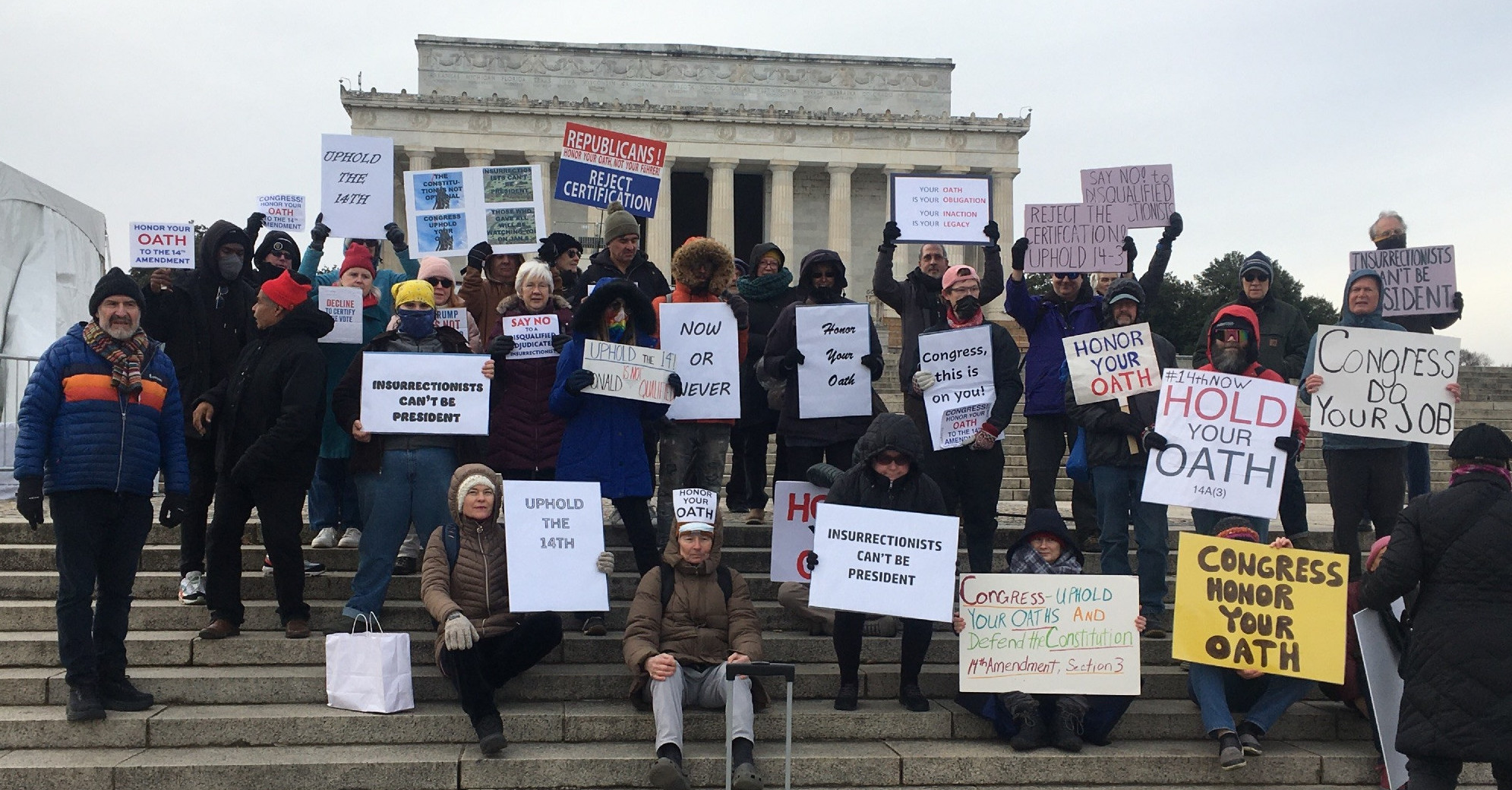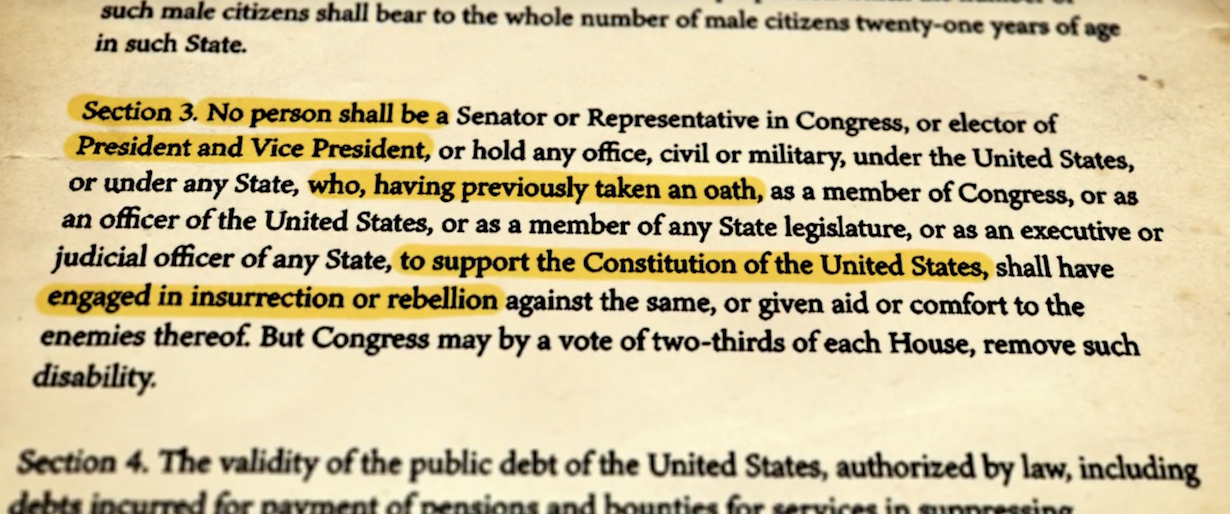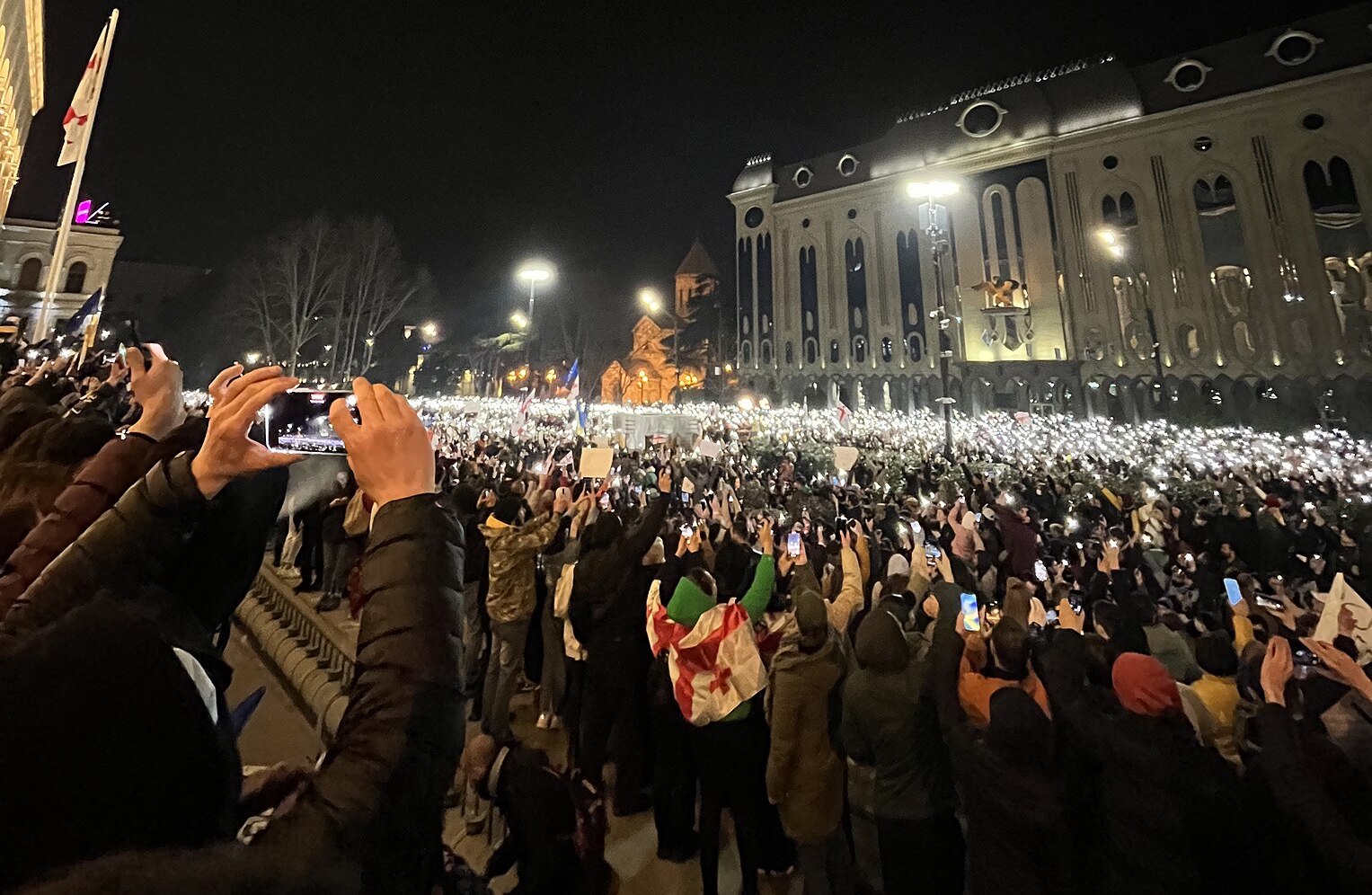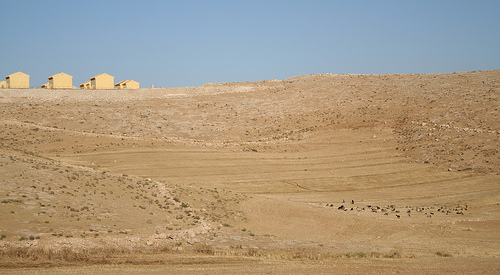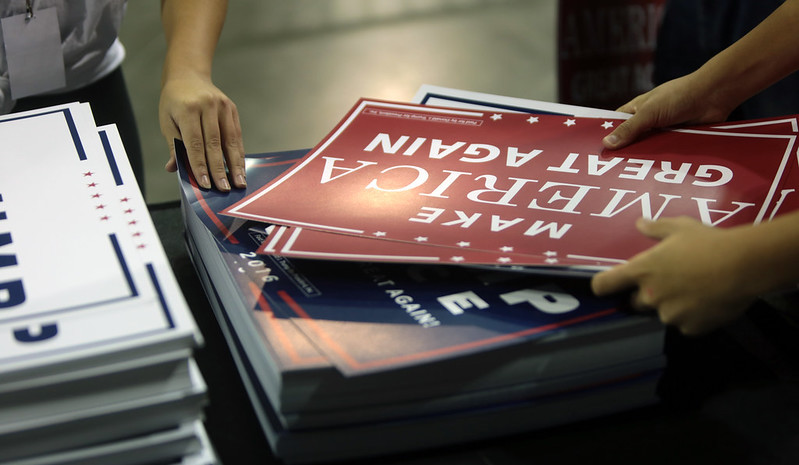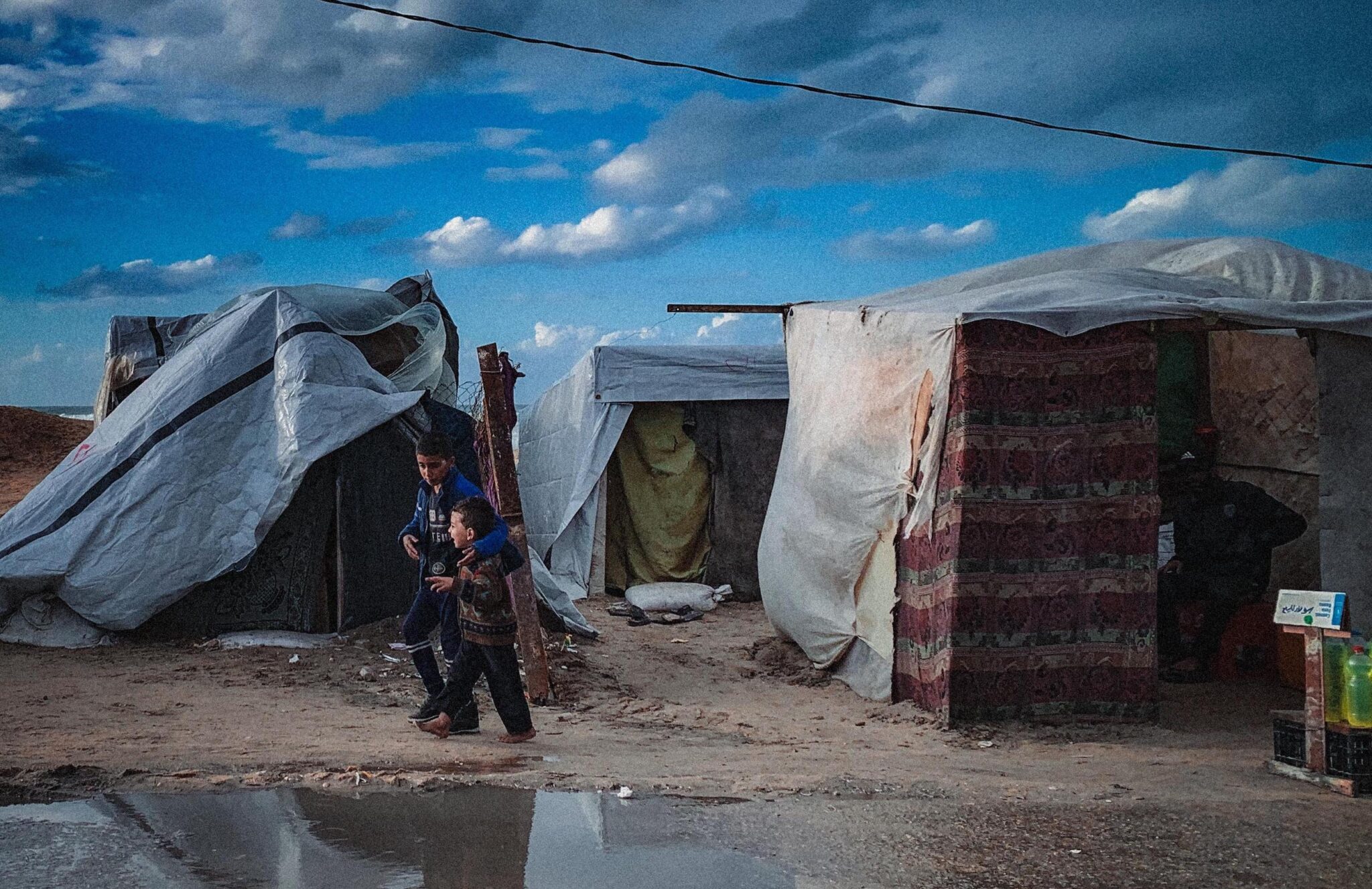
Gaza ceasefire: the sobering reality
With the sounds of war starting to fall silent in the Gaza Strip after 470 days of brutal Israeli military assault and siege, a tiny crack of hope has opened for the Palestinian residents of the enclave that they will be able to gather the shattered pieces of their lives and begin the daunting task of rebuilding. But whether the deal reached by Israel and Hamas will lead to a decisive end to the war remains entirely unclear. Under a Trump administration that promises to be even more staunchly pro-Israel than the Biden administration, it’s difficult to imagine Palestinians seeing anything resembling their aspirations for a state being met—or justice and accountability for the crimes committed over the past 15 months. (Photo: Rita Baroud/TNH)



